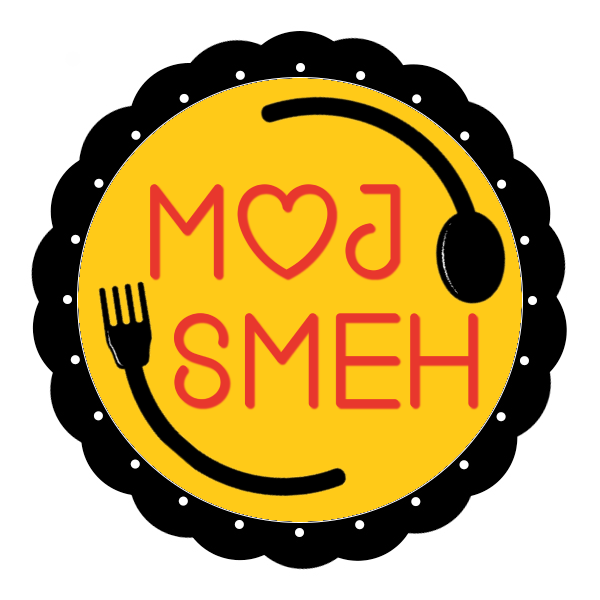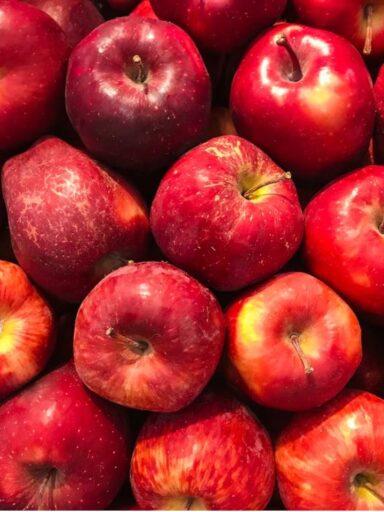What’s the meaning of the phrase ‘You are what you eat’?
The saying “you are what you eat” is the idea that you need to eat well to be healthy and fit.
What’s the origin of the phrase ‘You are what you eat’?
“You are what you eat” got into the English language in a rather tortuous way.
In 1826, French lawyer Anthelme Brillat-Savarin wrote in his Physiologie du Gout, ou Meditations de Gastronomie Transcendante:
“Dis-moi ce que tu manges, je te dirai ce que tu es.”
[Tell me what you eat and I will tell you what you are].
In an essay titled Concerning Spiritualism and Materialism, 1863/4, Ludwig Andreas Feuerbach wrote:
“Der Mensch ist, was er ißt.”
[Man is what he eats]
Neither Brillat-Savarin nor Feuerbach wished to take their words literally (which is rather annoying). They explained that the food you eat affects your mental state and health. It did not make its way into the language and was not used in English until decades later.
“You are what you eat” appeared in English in his 1930s. It was then that American nutritionist Victor Lindler, who was a firm believer in the idea that diet controls health, developed the catabolic diet. The view gained some supporters at the time, and the earliest known printed example comes from a 1923 edition of the Bridgeport Telegraph’s “United Meet [sic] Markets” beef advertisement.
“Ninety per cent of the diseases known to man are caused by cheap foodstuffs. You are what you eat.”
The phrase came to public attention in 1942 when Lindlahr published You are what you eat: How to Gain and Maintain Health through Nutrition. Lindler may also have used the term in his (now unfortunately lost) radio speeches from the 1930s to his 1950s, which also reached large audiences in the United States. Will.
The phrase fell out of common use after Lindler retired from radio broadcasting in 1953, but it got new life during the hippie era of the 1960s. Hippie advocates’ choice for the “you are what you eat” idea was macrobiotic whole food and was adopted as a slogan for healthy eating.
The belief in dieting was so strong in some circles that Adel Davis, a major spokeswoman for the organic food movement, was diagnosed with cancer, which later killed her. She thought it was because of the junk food she ate in college. Some commentators have suggested that this idea predates it and has a religious basis rather than a dietary basis. I believe (physical change).
So is the term catabolic or catholic?
Metamorphosis certainly links food and the body, but there seems to be no documented link between beliefs and expressions. There are several proponents of the “you are what you eat” coin, but there is no doubt that it was Victor Lindler who captured the attention of the general public.





